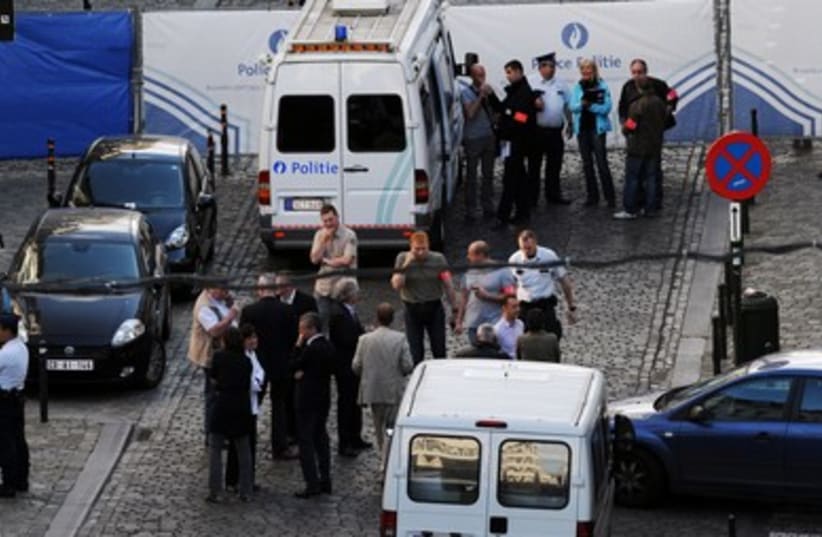Choqué par les meurtres commis au musée juif, je pense aux victimes que j'ai vues sur place et à leurs familles
— didier reynders (@dreynders) May 24, 2014Four dead in shooting at Jewish museum in Brussels
The attack is being approached as racially motivated by Belgian authorities, who posited that it was motivated by anti-Semitism.
